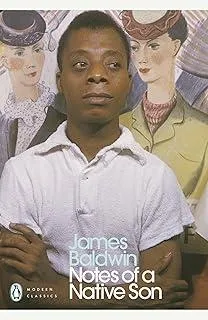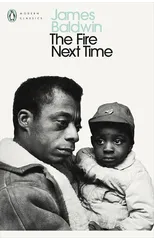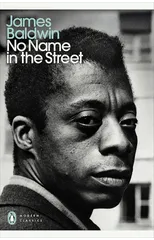'A classic ... Take the words out of the 1950s, when they were published, and they could apply to the women in pink hats, the scientists, the Black Lives Matter activists, the climate-change believers and the LGBTQ-rights supporters who have flooded the streets of Washington this year' Washington PostWritten during the 1940s and early 1950s, when Baldwin was only in his twenties, the essays collected in Notes of a Native Son capture a view of black life and black thought at the dawn of the civil rights movement. Writing as an artist, activist, and social critic, Baldwin probes the complex condition of being black in America - from life in Harlem, to the protest novel, movies, and the experience of African Americans abroad - and many of his observations have proven almost prophetic. This book inaugurated Baldwin as one of the leading interpreters of the dramatic social changes erupting in the United States in the twentieth century and it is the book that established Baldwin's voice as a social critic. In an age of Black Lives Matter, Baldwin's essays are as powerful today as when they were first written.
James Baldwin
James Baldwin was an American novelist, essayist, and playwright known for his exploration of race, sexuality, and identity in America. His most notable works include "Go Tell It on the Mountain," "The Fire Next Time," and "If Beale Street Could Talk." Baldwin's writing style was characterized by his powerful and eloquent prose, which delved deeply into the complexities of the human experience. He was a prominent voice in the civil rights movement and his works continue to be celebrated for their insight and impact on American literature. His most famous work, "The Fire Next Time," is a seminal text on race in America and remains a classic of 20th-century literature. Baldwin's contributions to literature have had a lasting influence on the genre of African American literature and continue to be studied and revered by readers and scholars alike.






